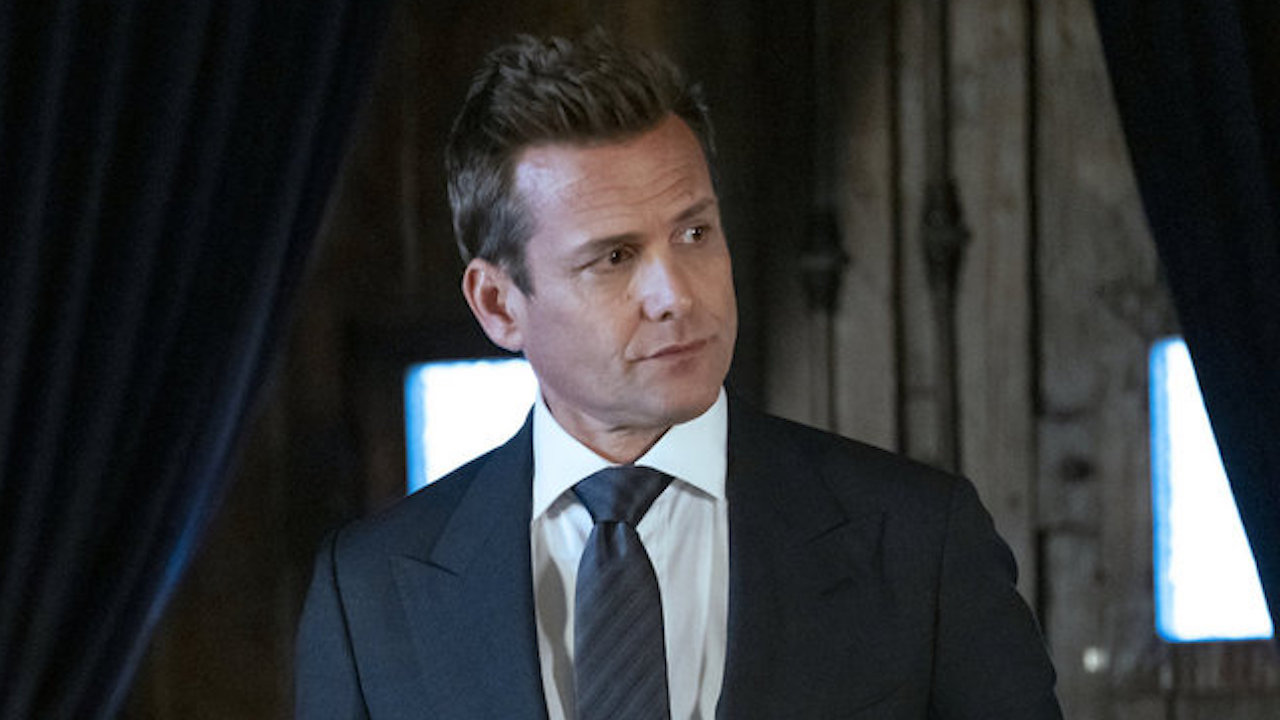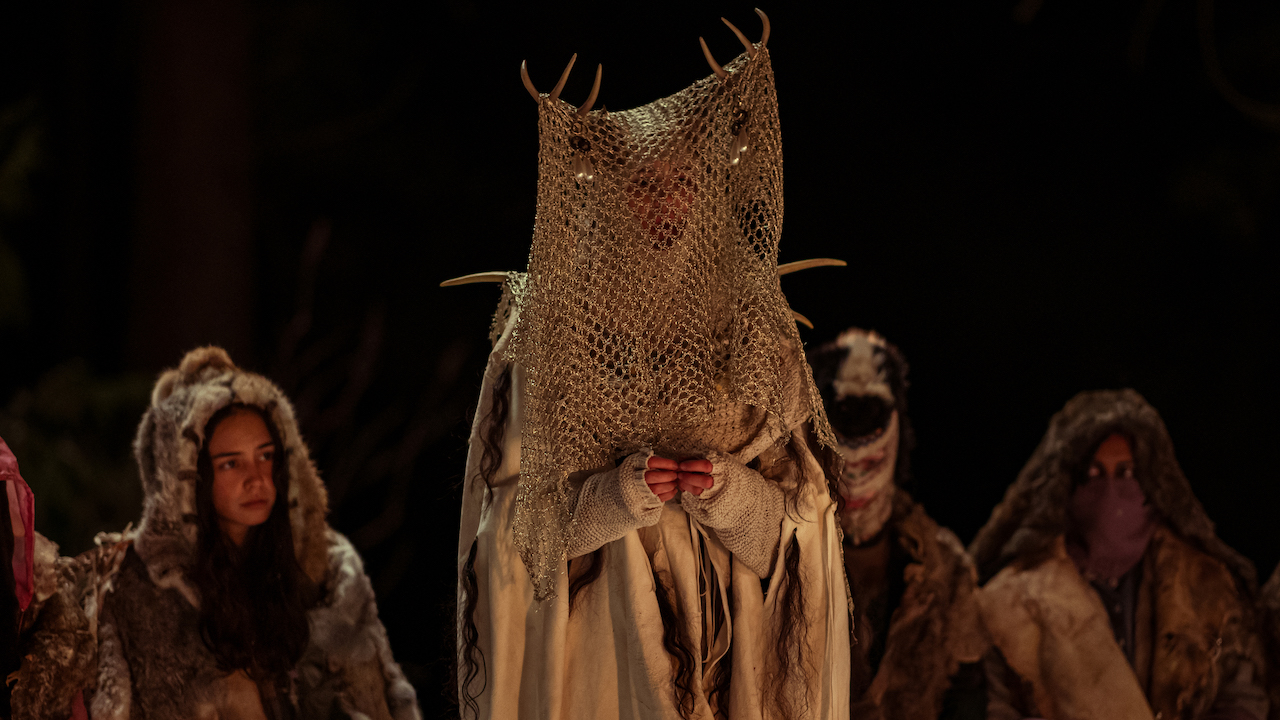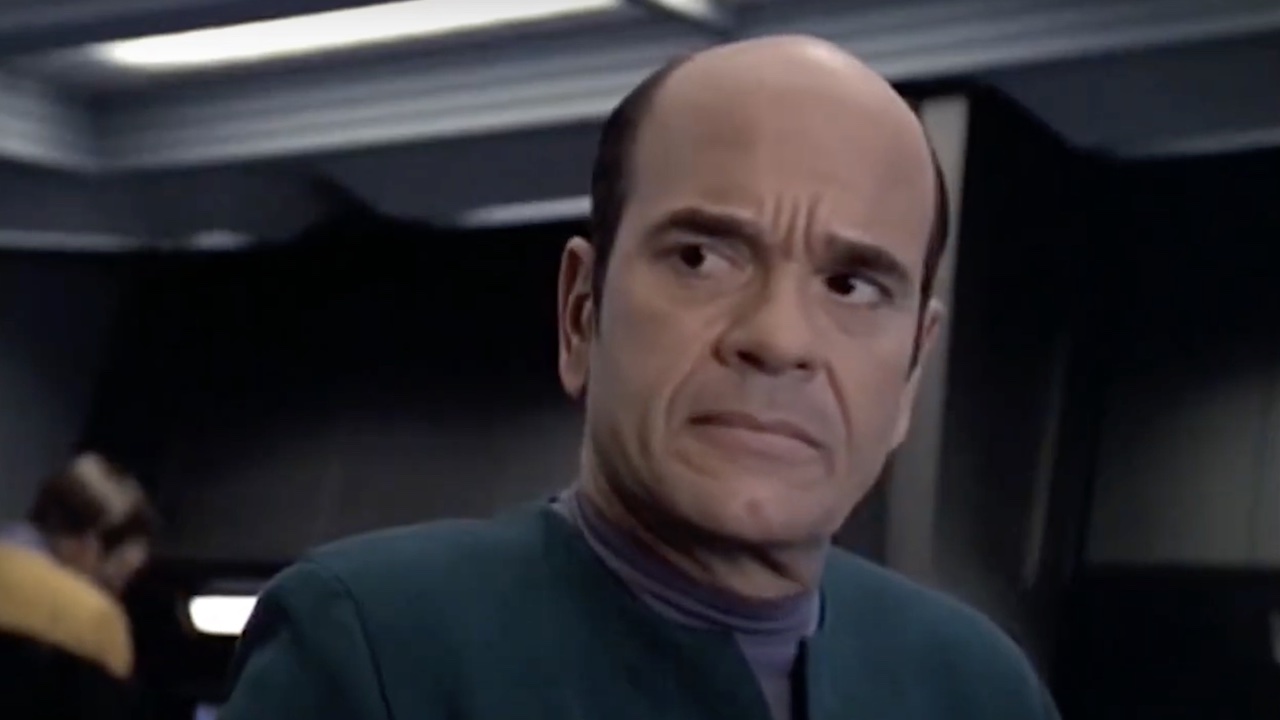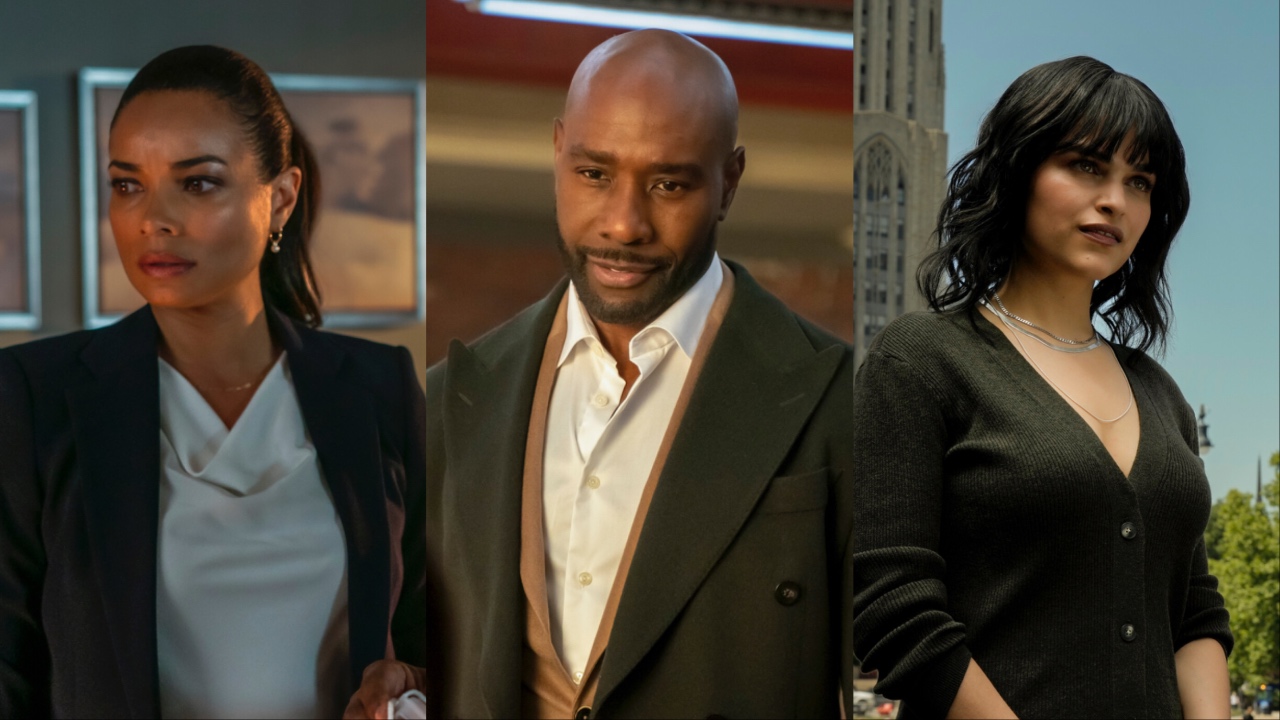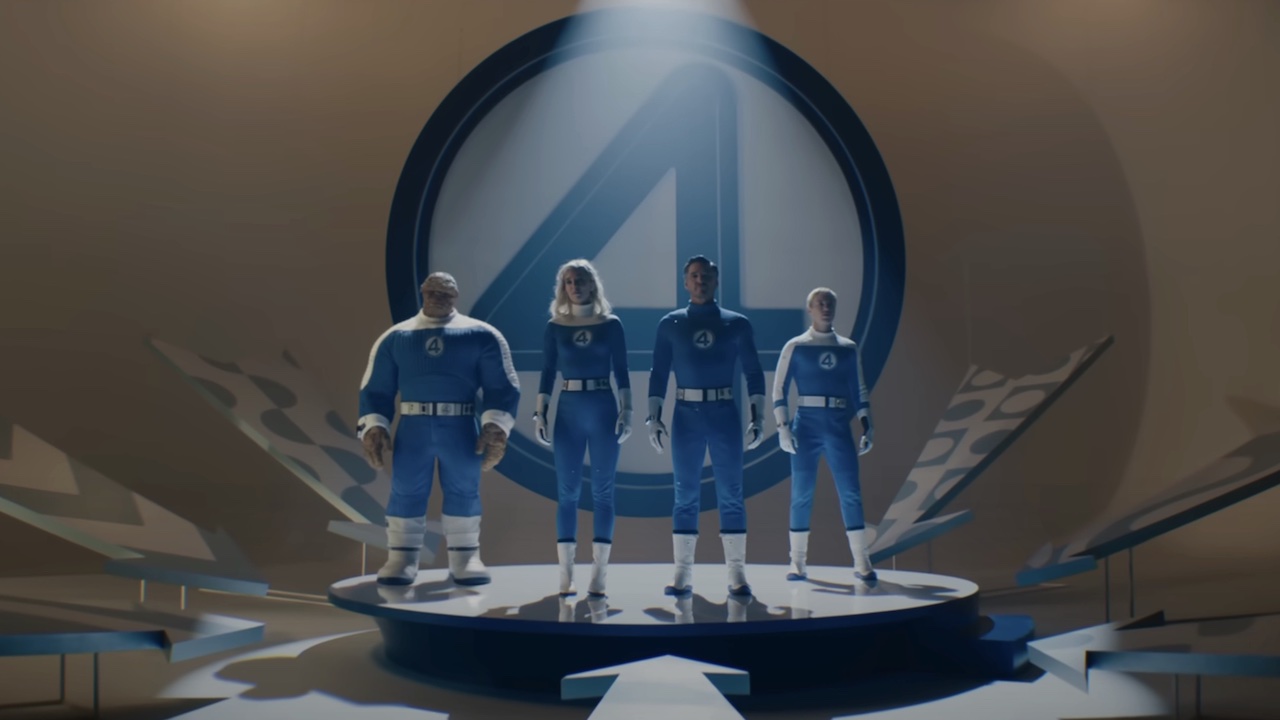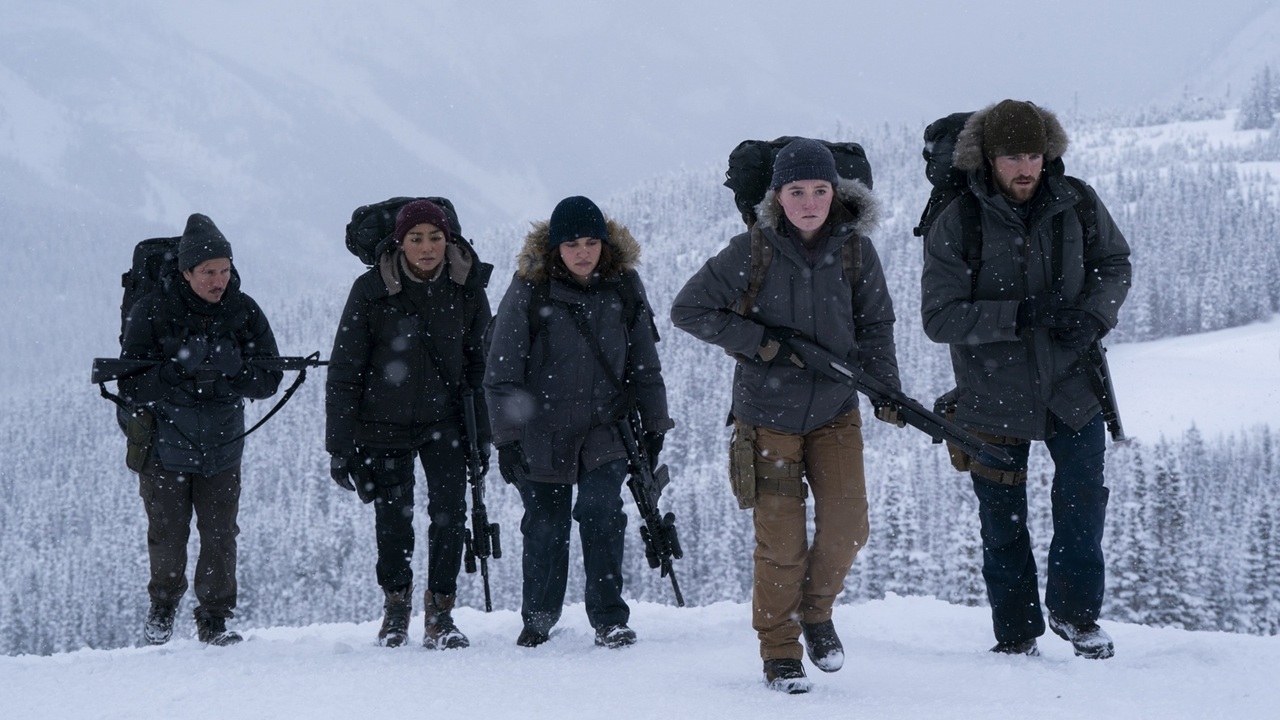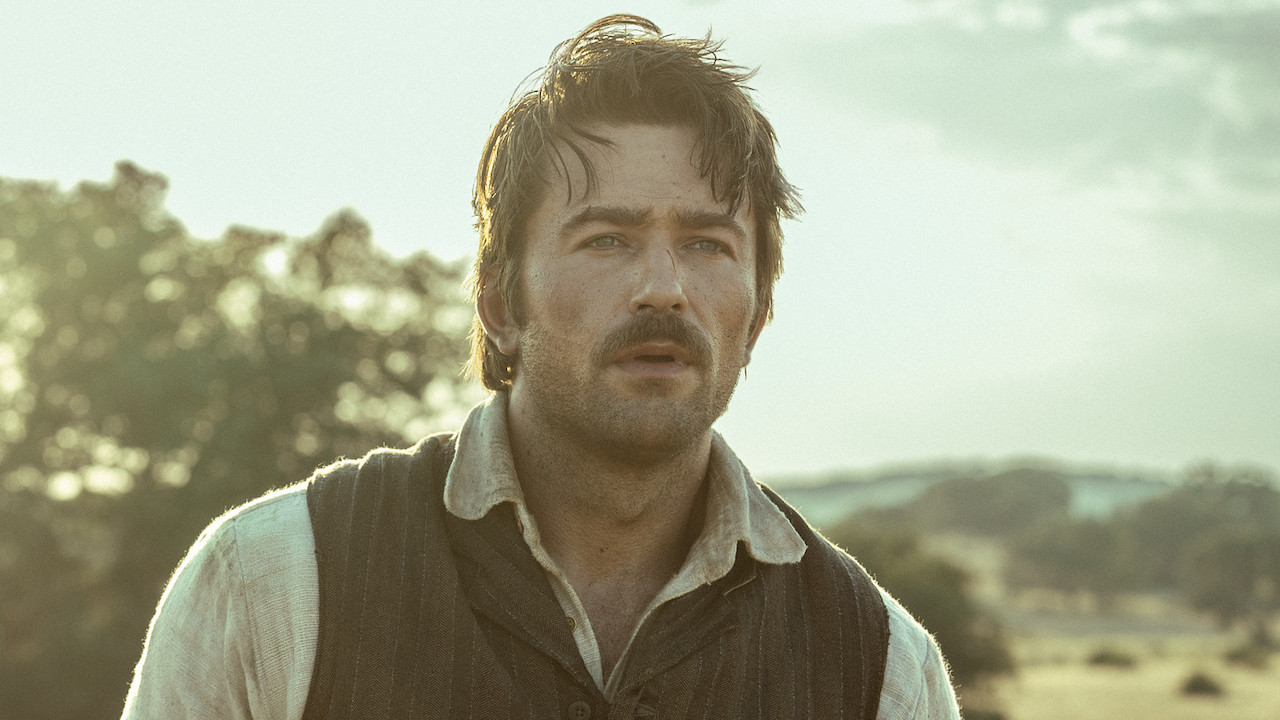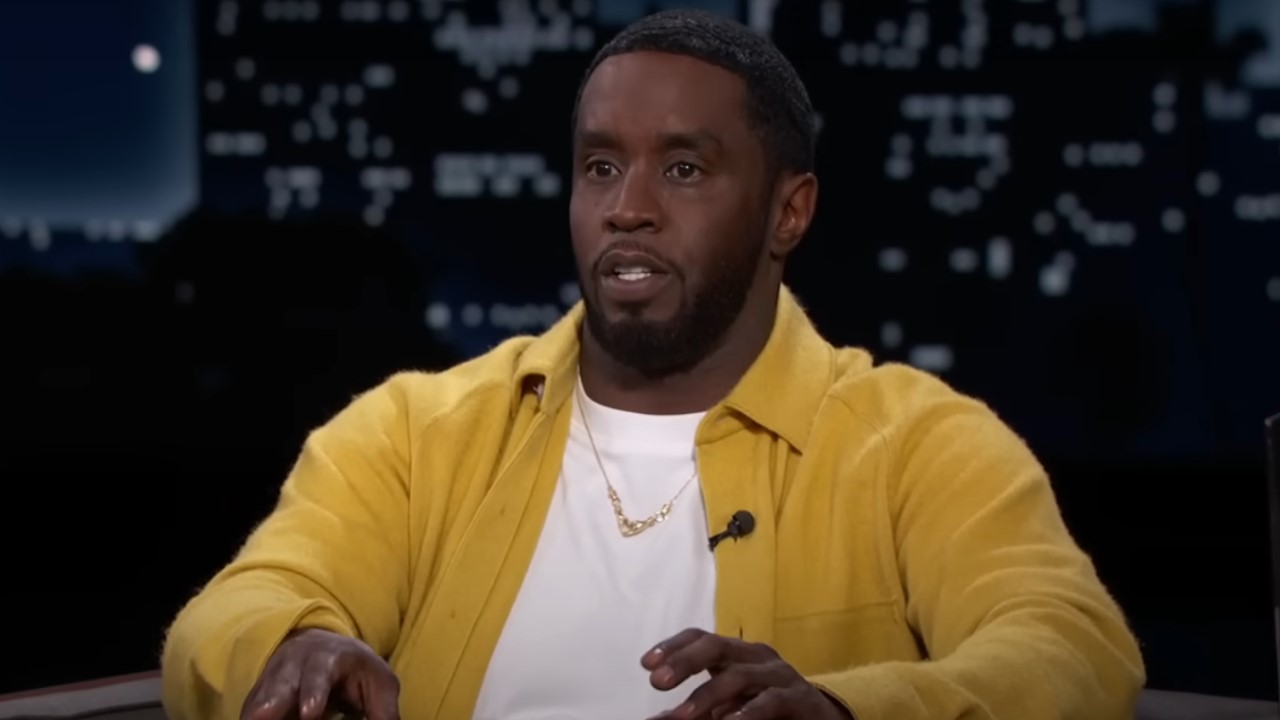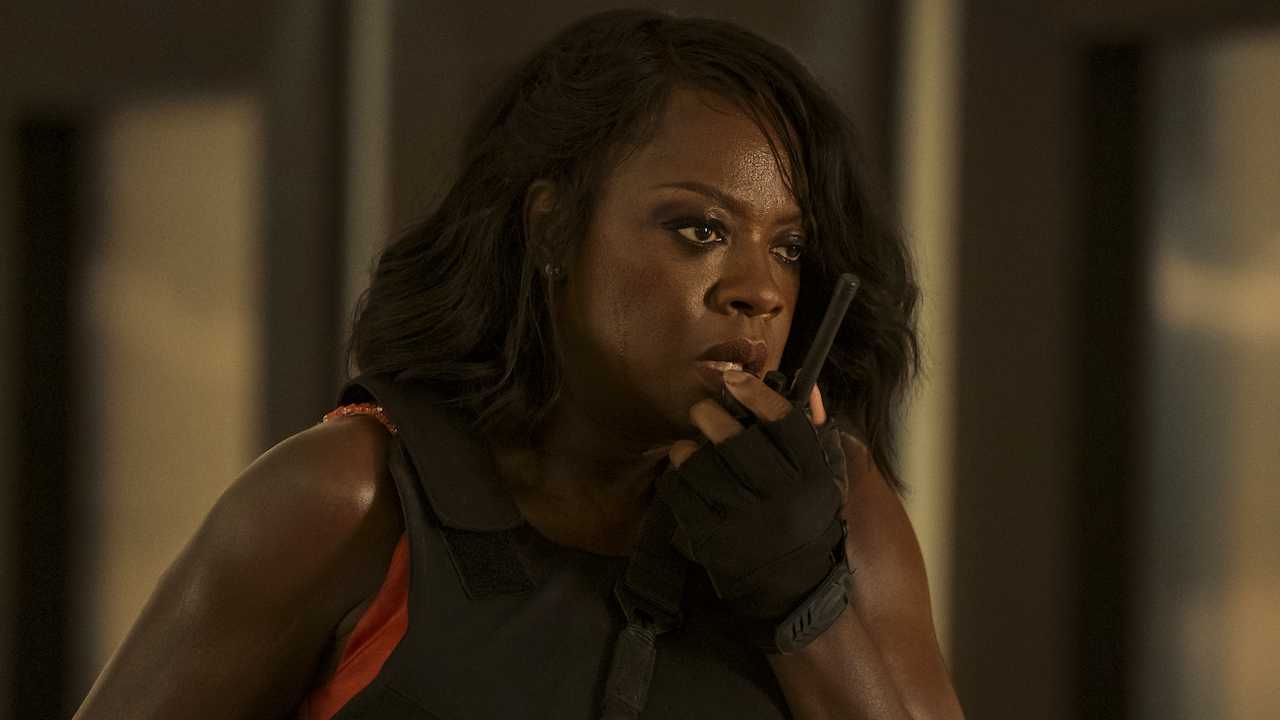The Game Of Thrones Episodes With The Most Meaningful Deaths
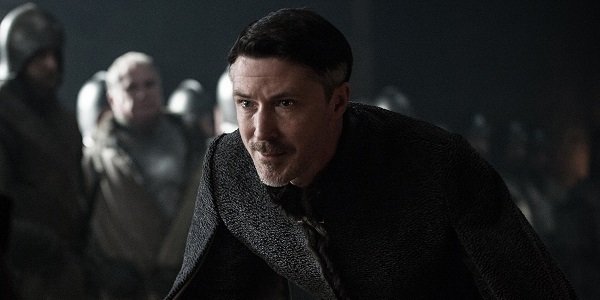
Warning! The following contains spoilers for Game of Thrones' "The Long Night." Read at your own risk!
Watching Game of Thrones means running the risk of seeing major characters die gruesome and heartbreaking deaths on a regular basis. With that said, not all deaths are equal, and there's a number of episodes that are significantly more important due to who dies in them and how those deaths shape the story. Listed in chronological order, here are the Game of Thrones episodes with the most meaningful deaths.
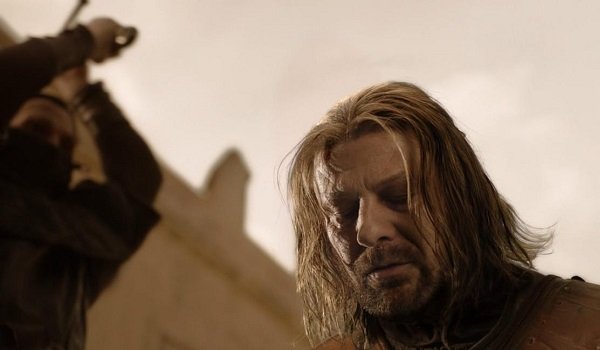
Season 1, Episode 9 - "Baelor"
This episode set the precedent that when it comes to Game of Thrones, no character is safe no matter how big the star playing them. Ned Stark was executed despite promises he would be spared if he swore fealty to Joffrey, and just like that, one bratty kid ended up starting a war that dragged on for years.
Had Joffrey spared Ned and he been allowed to join the Night's Watch per the original deal, the Night King and White Walker problem might've been resolved much quicker. Granted, there's no telling what other chaos would've ensued under Joffrey's reign, or if the North would've allowed Ned to remain at the wall while they were at war. Still, it's hard not to think about a Westeros in which Ned Stark lived, and how radically that could've changed the present.
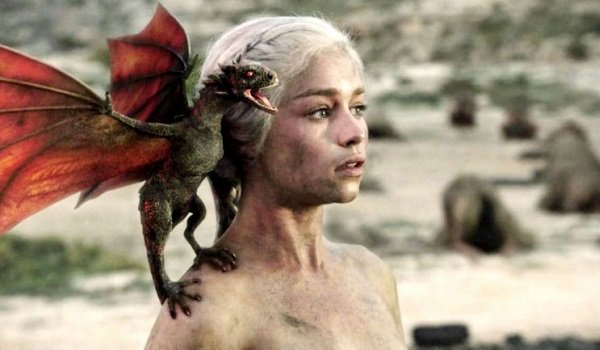
Season 1, Episode 10 - "Fire And Blood"
To be quite honest, it's a toss up between whether Ned Stark or Khal Drogo was the most meaningful death of Game of Thrones Season 1. Ned was the character who seemed destined to star in the series for its entire run, but Drogo's death set off a game-changing series of events. In "Fire and Blood," Daenerys smothered her husband to death after the blood magic left him in a catatonic state.
It's quite the double-whammy, but a sacrifice that inevitably re-introduced dragons to Westeros. Khal Drogo's death was also the birth of Daenerys' leadership, in a journey that started with a small khalasar, and grew considerably throughout the course of the series. Had things not happened the way they did, Dany might've been slaughtered by Dothraki who had no reason to fear her, and her quest for the Iron Throne would've been cut off quite quickly.
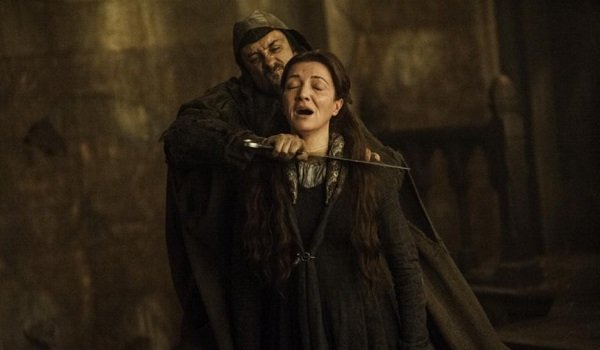
Season 3, Episode 9 - "The Rains Of Castamere"
One of the more obvious entries on this list, part of what makes "The Rains Of Castamere" so powerful is how drastically it shifted the tide of battle in Game of Thrones. The North showed up hoping to cement an alliance with the Freys in order to help their cause against the Lannisters, only to realize all too late the Freys are with the Lannisters.
CINEMABLEND NEWSLETTER
Your Daily Blend of Entertainment News
Robb and Catelyn's deaths (along with Robb's army, of course) essentially destroyed the North's effort for quite a while, which in turn gave the Lannisters an opportunity to finally breathe after attacks from all angles. Had Robb actually gone through with his promise to marry one of Walder Frey's daughters as opposed to choosing his own non-Frey wife, things may have played out differently. Alas, they didn't, and while the world was traumatized when the moment aired, fans got a great scene from it when Arya exacted revenge.
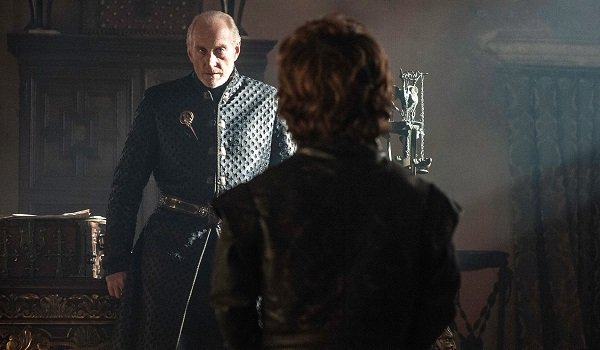
Season 4, Episode 10 - "The Children"
The Lannisters were sitting pretty in King's Landing and really had a good thing going, but eventually their cold-hearted and ruthless nature came back to bite them in the ass. Tywin got his just desserts for allowing Tyrion's execution, and was killed by him via crossbow on the toilet. Tywin's death and Tyrion's escape essentially took away the best things the Lannisters had going for them, and the kingdom floundered without both.
Another big death in this episode is Jojen Reed, who sacrificed himself in order to protect his sister and Bran. Without that, Bran may not have became the Three-Eyed Raven, and The Night King would've ran rampant through Westeros before anyone fully understood what was going on. Even if he wasn't technically Bran, the Three-Eyed Raven could've acknowledged that a bit more to Meera when she said goodbye several seasons later.
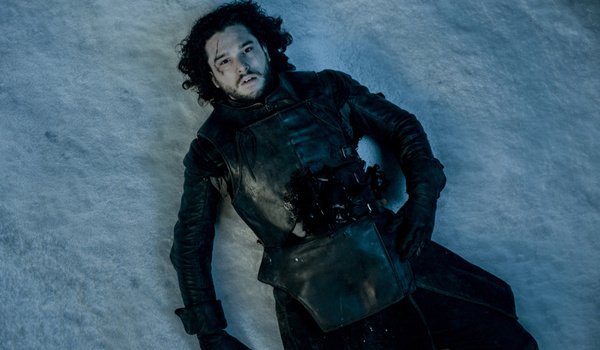
Season 5, Episode 10 - "Mother's Mercy"
Jon Snow was certainly one of the most prominent characters of Game of Thrones by the end of Season 5, and the conflict against the dead at Hardhome made it clear that his leadership would be necessary. So, in true Game of Thrones fashion, he was assassinated by his own brothers in the Night's Watch shortly after Hardhome. Admittedly, he was brought back in early Season 6, but he still died at the end of Season 5, and that death was incredibly impactful to the series moving forward.
Stannis didn't have a great run in Game of Thrones, but one has to respect his ability to survive Game of Thrones for as long as he did. Robert's brother finally met his end in the woods by Brienne, who executed him for his role in the assassination of Renly long ago. Oh yeah, Jon got stabbed to death as well, and while that was a big deal at the time, he's alive now so it's all good.
This episode also featured the death of Ser Meryn Trant which, while not entirely game-changing in the overall plot, did showcase Arya's cunning and ruthlessness. It showed she's capable of taking on even the strongest of enemies, which may have been a slow foreshadow to her biggest assassination to date.
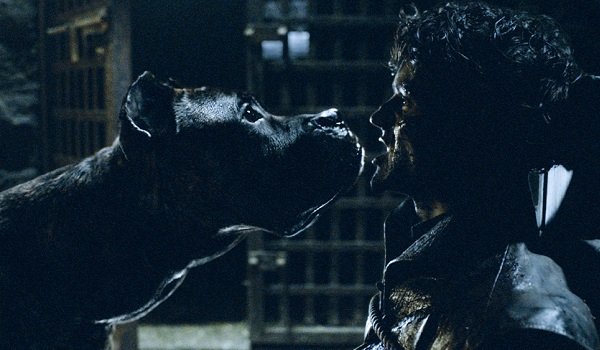
Season 6, Episode 9 - "Battle of the Bastards"
Ramsay Bolton's death was significant for sure, as it established Jon Snow's ability to lead and ensured his future as the King in the North. It also was a monumental moment for Sansa, who finally turned the tables on the torturous Ramsay, and in a change of character, became someone who made things happen as opposed to letting things happen to her.
There's also the death of young Rickon Stark, otherwise known as the most-expendable Stark in Westeros. His death wasn't entirely in vain, as it did piss Jon off and perhaps motivate him into defeating Ramsay just a bit more than before. Ultimately his death was about as meaningful as the scores of lives lost in the actual battle, which needs to be stated due to the sheer number that died.
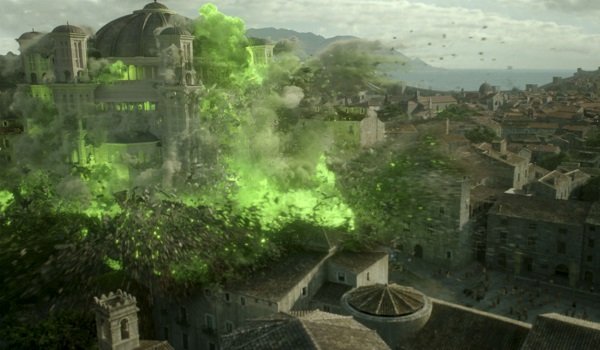
Season 6, Episode 10 - "The Winds Of Winter"
This episode should be called "How Cersei Got Her Groove Back," as the Lannister monarch obliterated just about everyone in King's Landing that opposed her. The destruction of the Great Sept was an incredible power play that knocked out the High Sparrow problems, Tyrell problems, and part of her Lannister problem. Qyburn took out Grandmaester Pycelle, and everything was coming up Cersei. She did lose Tommen, but really, far more victories than losses for her here.
This episode also featured Arya exacting vengeance on the Freys, which was a solid blow to Team Lannister. It was a solid piece of retribution for the Red Wedding, which is impressive given the powerful scar that left on fans.
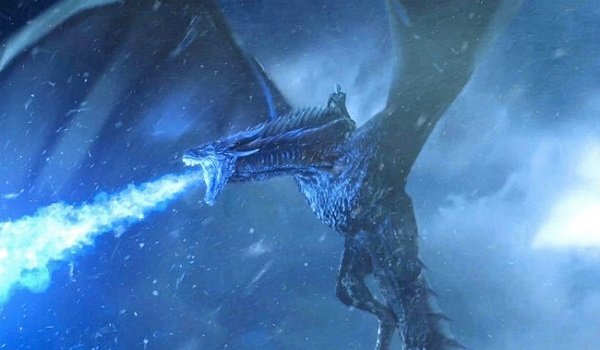
Season 7, Episode 6 -"Beyond The Wall"
Season 7 of Game of Thrones didn't feature a ton of major deaths, but there are a couple worth mentioning. "Beyond The Wall" featured the most meaningful non-human death of the series, as the Night King killed Viserion and brought him back as an ice dragon. This, of course, eventually allowed him to destroy a portion of The Wall, and march through with the army of wights and White Walkers.
Another notable death this episode was Thoros of Myr, who was most known for his ability to bring back Beric Dondarrion from the dead. His death meant Beric's next death would be his last, and luckily, he survived to fulfill what Melissandre revealed was his true purpose before passing on in the Battle of Winterfell. Had Thoros not revived him all those times, history could've been forever changed.
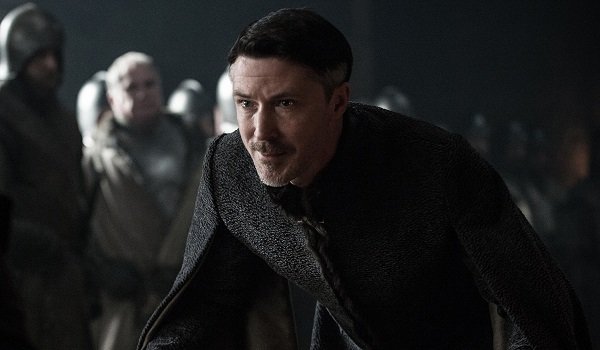
Season 7, Episode 7 -"The Dragon And The Wolf"
Game of Thrones' Season 7 finale brought the end of one character, who had quietly had a hand in some of the show's biggest moments and used the chaos as a ladder to elevate his position. Fortunately, his manipulation streak came to an end, and Sansa and Arya teamed up to execute Petyr Baelish in Winterfell before he could do more damage.
The importance of this death can't be stated enough. Imagine how Season 8 would've progressed with Baelish trying to influence the already volatile situation between Sansa and Dany? One can just imagine him hanging out in the crypts trying to stir the pot while everyone fights for their lives above. Ugh, good riddance.
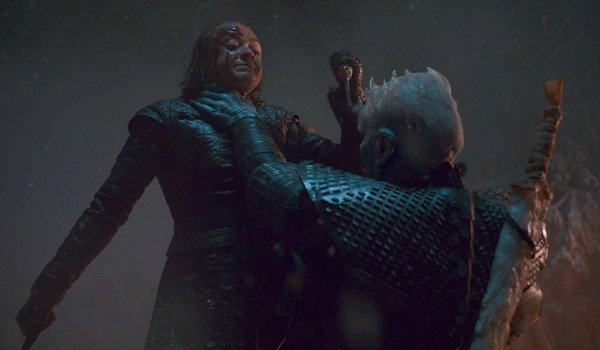
Season 8, Episode 3 - "The Long Night"
One of Game of Thrones' most meaningful episodes in terms of death, "The Long Night" resulted in the destruction of the Dothraki riders, a vast majority of the Unsullied, Beric Dondarrion, Lyanna Mormont, Theon Greyjoy, Ser Jorah and of course, the Night King. In short, the living defeated the one enemy that successfully ended the threat of the undead, but lost a bulk of their fighters in the process.
On the bright side, if this crew can overcome wights and White Walkers, the Golden Company should feel like a breeze in comparison. Though there ranks are extremely thin, they still seemingly have both dragons which could definitely help balance what deficit they have in capable soldiers. Without a doubt this will be a meaningful episode in Game of Thrones endgame, but we have yet to see the full scope of just how meaningful it will be.
Game of Thrones airs on HBO Sundays at 9:00 p.m. ET. Stick with CinemaBlend for more updates on the series, as well as the latest and greatest television, movie, and pop culture news.

Mick Joest is a Content Producer for CinemaBlend with his hand in an eclectic mix of television goodness. Star Trek is his main jam, but he also regularly reports on happenings in the world of Star Trek, WWE, Doctor Who, 90 Day Fiancé, Quantum Leap, and Big Brother. He graduated from the University of Southern Indiana with a degree in Journalism and a minor in Radio and Television. He's great at hosting panels and appearing on podcasts if given the chance as well.
House Of The Dragon Has Been Planning A Huge Naval Battle For 3 Years, And I Totally Get Why They Hired Titanic's Production Manager For It
After What House Of The Dragon Boss Says George R.R. Martin Was ‘Unwilling To Acknowledge,’ I Need To Know How Faithful Season 3 Will Be To Fire And Blood

